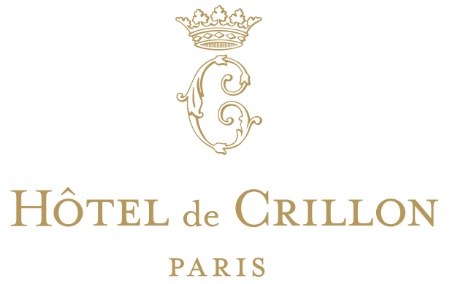Hospitality
industry is a major employer. The industry includes service sector work
like tourism and food service. It suffers from more economic
fluctuations compared to its peer industries.
The hospitality industry is major service sector in the world
economy. The industry encompass an extensive variety of service
industries that include food service, tourism and hotels. Hospitality
industry suffers from fluctuations within an economy every year.
Types
The hospitality industry also includes tourism support commercial activities like airline cabin staff and travel agents. Travel technology like applied information technology (IT) and its workers in hospitality, travel and tourism are included in the hospitality industry. Corporate entertainment is also a very thriving activity amongst corporation.
A hotel is an establishment that renders lodging in lieu of payment. This lodging is usually given in exchange for a specified predetermined amount of money. Modern hotel rooms come equipped with climate control and attached bathrooms. Higher end hotels offer guests internet connectivity within rooms and also throughout the premises. A combination of meals and accommodation comes as a package in most hospitality establishments. Hotels are usually managed by professionally qualified managers. Junior workers usually maintain the hotel. Functions like cooking is usually done by professionally trained chefs.
Nightclubs are entertainment venues where dancing is accompanied by
light snacks and drinking. Apart from service personnel like waiters and
cooks, nightclubs employ disc jockeys (DJs) and stand up comedians as
part its varied attractions.
Corporate entertainment refers to private events held by companies for clients, stakeholders or staff. It can be in the form of conventions or conferences where a large audience is involved. Or it can be small and more private affairs like company annual parties, away days and concerts etc.
Low entry level
Hospitality industry are characterized by a large number of employees. Both white collar employees and blue collar workers may find gainful employment. Entry level jobs usually require no formal education. Professionals in the hospitality sector are usually qualified with trade certificates and college degrees. Many hospitality schools offer specialized courses of study in one particular aspect of the industry.
Analyse: How hard and difficult is the hospitality industry today ? This article from the Economy Watch is showing us that this sector is not only services but it's as well in need of specialised workers.
Since the hositality industry is not only hôtels, they do speak as well about nightclubs, restaurants etc...
The way theses businesses are managed still allows low entry level for employee with a possibility to evolve, however, lately the sector is getting more and more professional and many schools are offering specialized courses to prepare new ways of running the bussiness and avoid as much as possible the actual economy...

inShare